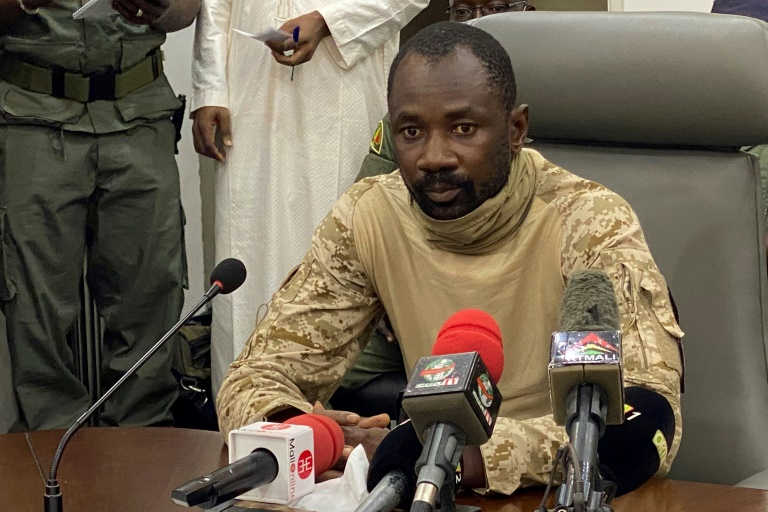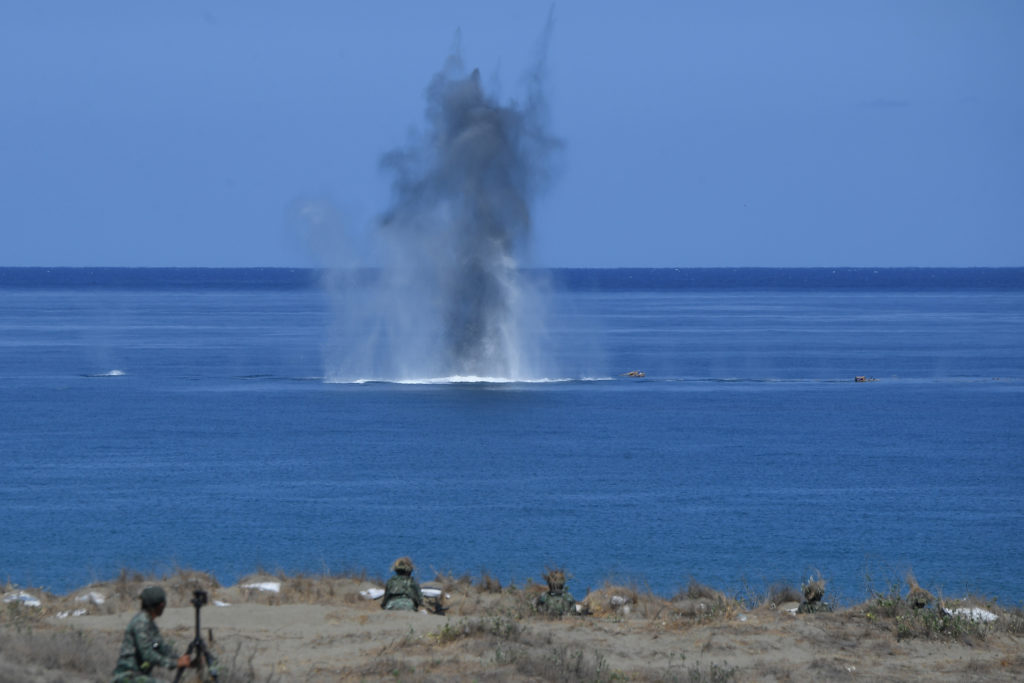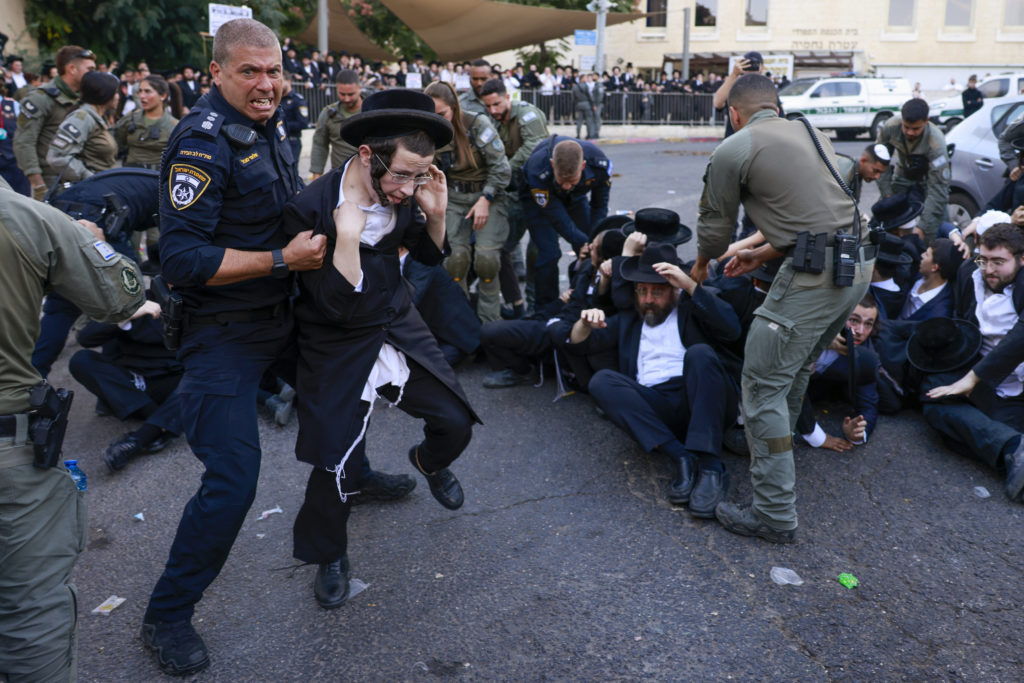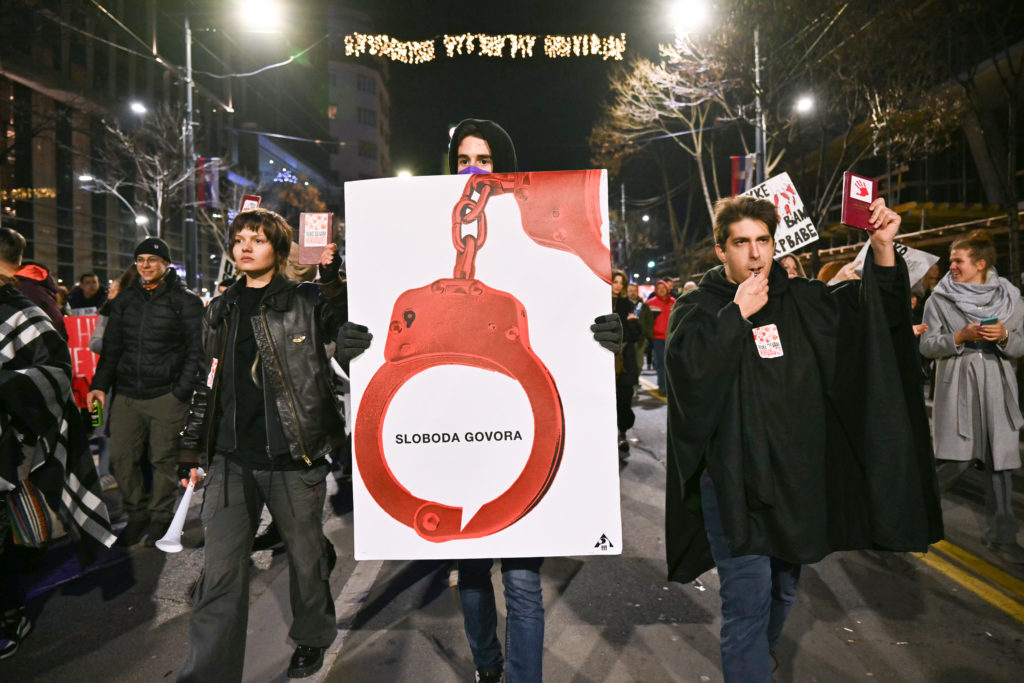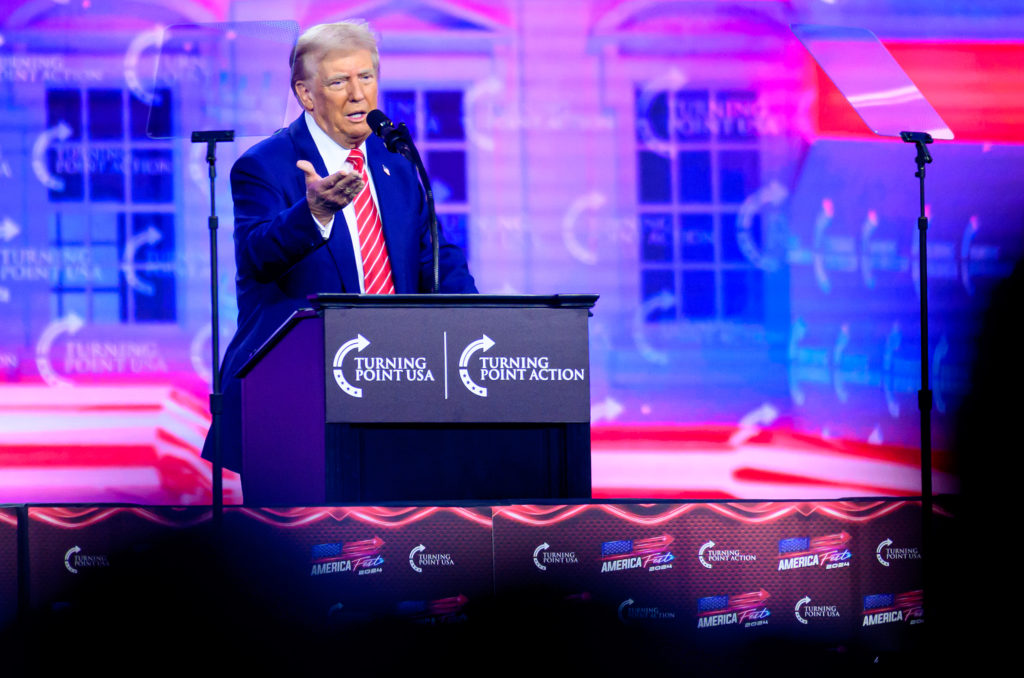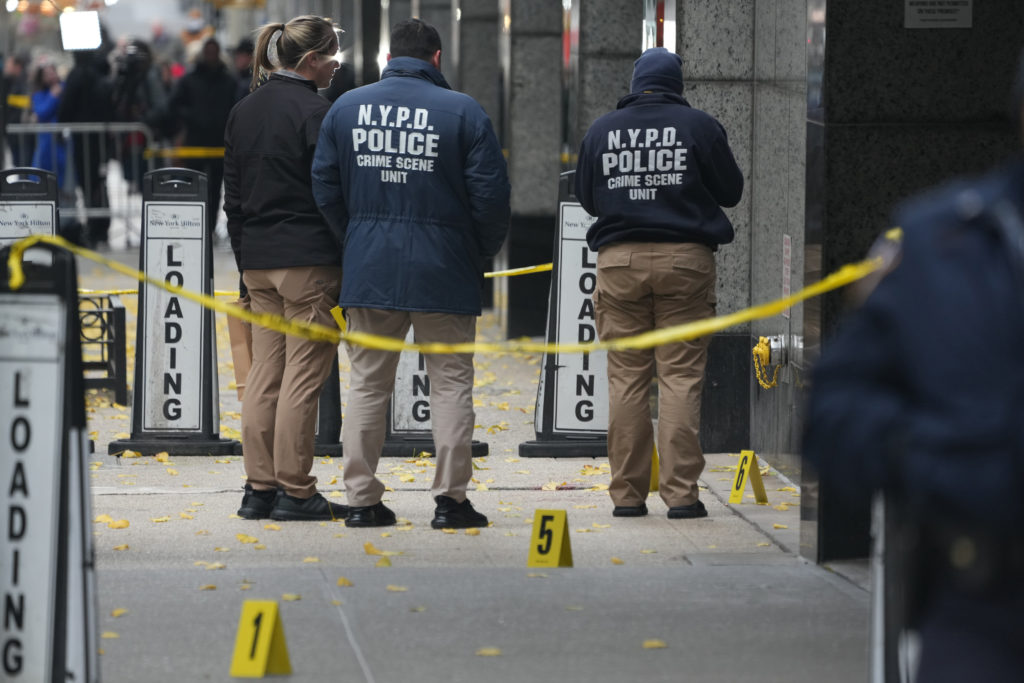Mali’s Colonel Assimi Goita, following his second coup in nine months, will be sworn into office Monday as transitional president despite international condemnation of the power grab.
And while Goita is not known for being a great talker, the 37-year-old officer’s investiture speech will be closely followed, said one diplomat in the capital Bamako.
“It will be the moment for him to reassure and to solemnly make clear commitments on how the remaining eight months of the transition will go,” said the diplomat, who asked not to be identified.
Following international pressure, the government installed after Goita’s first coup last August pledged to reform the constitution by October, and stage elections in February next year.
Now that Goita has brushed aside this first transitional administration to seize power again, Western diplomats will be listening carefully for confirmation that this is still the timetable in a country whose stability is crucial for the wider region.
The ambassadors themselves will stay away from the investiture ceremony, the diplomat said.
Instead, they will send more junior envoys to the event.
While that will be “neither a boycott not a sanction”, it will send “a political signal”, the diplomat added.
The ceremony will take place at the International Conference Centre in Bamako at 10 am (1000 GMT).
Mali is key to the stability of the Sahel region, and Western powers want to see a return to stable, civilian rule as soon as possible. For the moment, however, Goita and his fellow colonels are in charge.
Goita dismissed the civilian president and prime minister of the transitional administration on May 24, leading former colonial power France to suspend its cooperation with the military — and for the African Union to suspend Mali’s membership.
– Maiga in frame –
France and Mali’s other partners want assurances that a civilian administration will be back in power come February 2022.
Goita is expected to nominate as his prime minister Choguel Kokalla Maiga, a former minister and member of the M5 protest movement which helped to force out former president Ibrahim Boubacar Keita last August following mass protests over perceived corruption and a bloody jihadist insurgency.
M5 became sidelined in the army-dominated post-coup administration, dubbing the transitional government a “disguised military regime”.
But there has been a noticeable rapprochement between the group and the army since the May 24 coup.
Maiga, 63, insisted Friday that his country would abide by its international obligations, and he also paid homage to French troops who have died in the country.
Maintaining its international partnerships, not least with France, is crucial for Mali, one of the world’s poorest countries and whose security forces are thinly resourced.
Violence remains all too prevalent in the country which on Thursday saw 11 Tuareg killed by as yet unidentified assailants near Menaka in the northeast — only the latest among thousands of victims in intercommunal and jihadist violence which has displaced around one million people.
The extent to which the region as a whole faces uncertainty was underscored when presumed Islamist radicals killed at least 160 people in neighbouring Burkina Faso’s northeast on Friday night in the worst attack the country has seen.
In a message Sunday to Burkina Faso President Roch Marc Christian Kabore, Goita said he “strongly condemned this cowardly and hateful attack.”
As Goita prepares to cement his position in Mali, constitutional expert Mamady Sissoko said his investiture could hardly be regarded as legal.
“We are faced by a show of force and this (taking the oath of office) should not be,” Sissoko said.
bur-sd-ah-siu/cdw/gd

